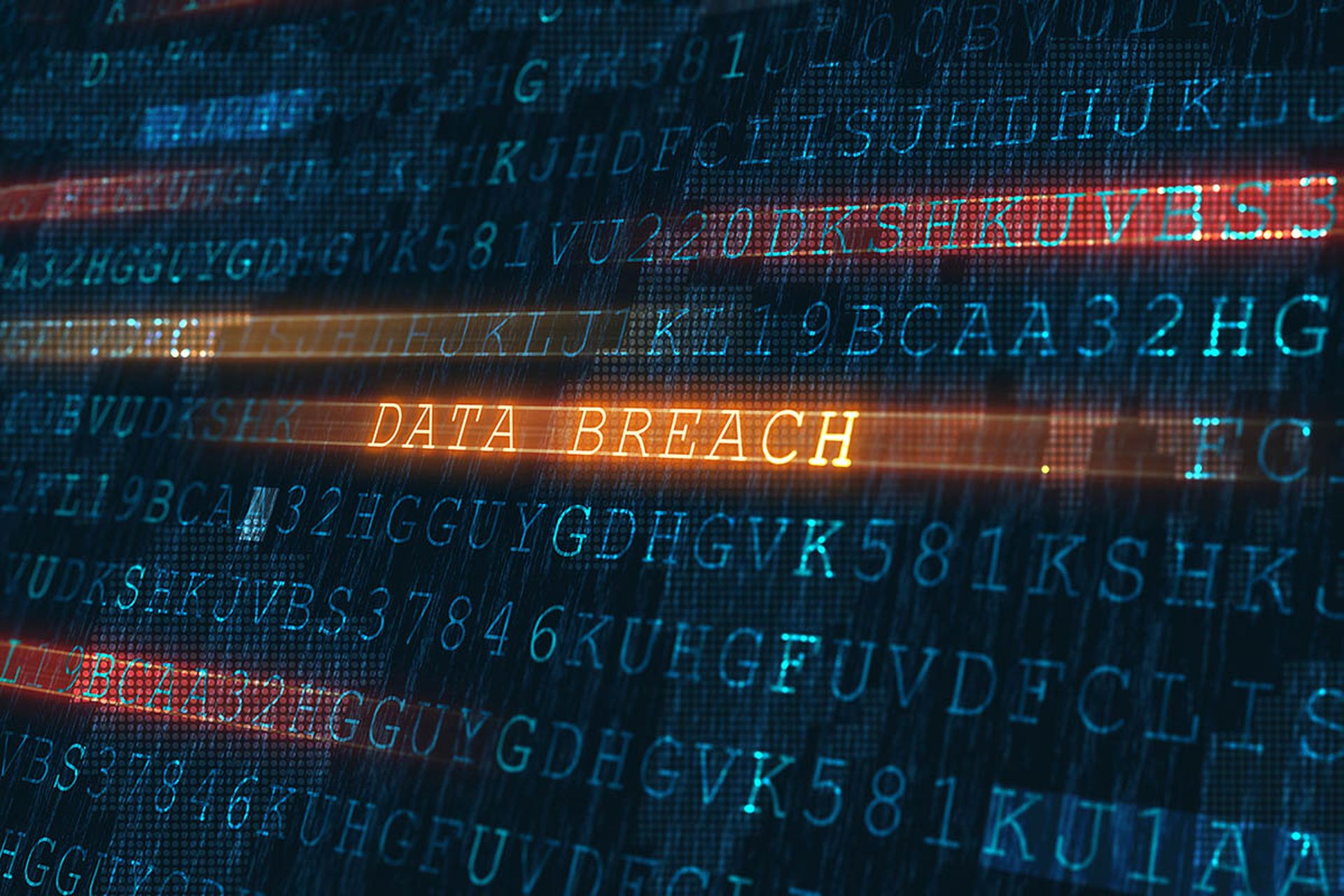The vast majority of Americans are calling for retaliation in the wake of cyberattacks that compromise sensitive government data.
Security company Vormetric coordinated with an outside firm in July to poll 1,026 nationally representative U.S. adults on whether they believed action is necessary against a foreign country that breaches U.S. government data; 92 percent said yes.
That said, most Americans prefer more passive action with 45 percent saying the government should initiate talks between the sitting president and the attacking country's leaders to prevent further data breaches, and 36 percent want to impose trade sanctions on a country's goods.
“The American people are sensitive to not want to get into an escalation,” Alan Kessler, CEO of Vormetric, said in an interview with SCMagazine.com.
Even still, Kessler noted, political happenings and conversation, especially behind the scenes, likely won't be advertised. However, he's confident the U.S. government is “going to be proactive” when necessary.
The survey results follow calls for retaliation following the compromising of the U.S. Office of Personnel Management's (OPM) systems. While media and many government sources point to China as the likely perpetrator, President Barack Obama has yet to confirm or deny the assertion.
Senators previously pushed for the International Monetary Fund (IMF) to deny China's attempts to make the yuan a reserve currency, and others pointed to precedence in the case of the Sony data breach and hack, where the U.S. ultimately issued economic sanctions against North Korea.
With that in the background of Americans' minds, 31 percent favored imposing diplomatic sanctions on countries' U.S.-based government officials, and 25 percent thought all ties with the attacking country should be cut off.
Only 10 percent believed the other country's government infrastructure should be hacked to obtain similar data.
Espionage efforts are nothing new, Kessler acknowledged, but now, it's hidden in cyber shadows. “It's not going to change,” he said, but the U.S. government can build a strong defense and cast a “long shadow.”



